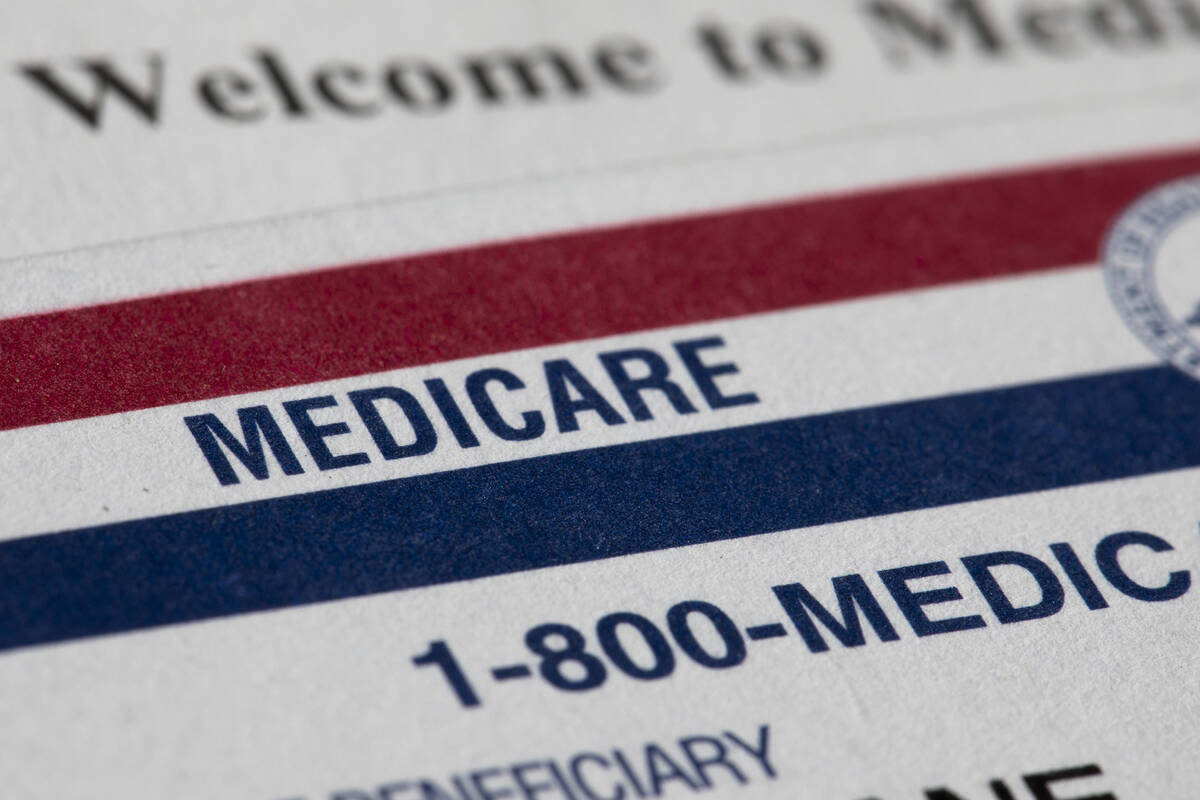Will Social Security data breach affect my Medicare?
Dear Toni: I was watching the news and discovered that my Social Security number and personal information could have been stolen through a Social Security data breach. This situation makes me concerned about my Medicare number and someone filing a false claim. Please advise what I should do to be sure my personal Medicare information is protected from hackers. — James, Nashville, Tennessee
Dear James: It’s true: A recent Social Security data breach has affected 2.9 billion people. Be cautious if you think that this event may have affected you.
But the good news regarding Medicare and this data breach is that Medicare no longer places a Social Security number on its cards and instead assigns 11 random letters and digits that are unique to each cardholder.
You do not have to worry about your Social Security number being used to file a Medicare claim. Only your unique Medicare Beneficiary identifier is used. This helps keep your Medicare safe.
To protect your Medicare from hackers, understand that Medicare, Social Security or the IRS will never call, email or text you to ask for your personal identifiable information such as name, Social Security number, date of birth, address or your personal health information. These government agencies will send a letter through the U.S. Postal Service with information on any data that may have been breached or any action needed on your part.
If you receive a call, text or email from someone claiming to be from Medicare, Social Security or the IRS and saying that you need a new Medicare card or that they need additional personal information, ignore it.
For a Medicare data breach notification, you will receive a letter from CMS (Medicare) with details, and you can call 800-MEDICARE with questions or concerns about the letter.
If you believe that your personal information has been compromised:
■ Contact the three credit agencies — Equifax, Experian, and TransUnion — to review and monitor your financial accounts for unauthorized activity.
■ Consider placing a security freeze on your credit reports to avoid unauthorized activity.
■ Make sure passwords are strong and change them every six months.
■ Use two-factor authentication for your financial accounts.
■ Stay alert to phishing scams.
■ Keep your security software up to date.
Toni King is an author and columnist on Medicare and health insurance issues. If you have a Medicare question, email info@tonisays.com or call 832-519-8664.

















